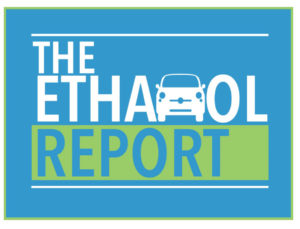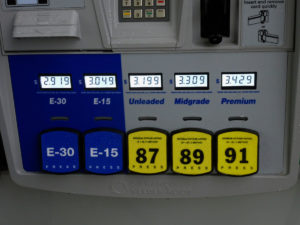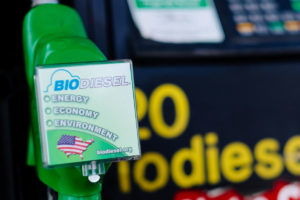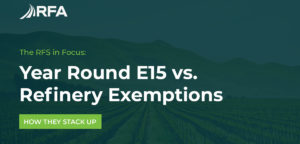 A West Virginia University study shows emissions measured from propane school buses are much lower than those from diesel buses.
A West Virginia University study shows emissions measured from propane school buses are much lower than those from diesel buses.
West Virginia University researchers studied nitrogen oxides (NOx), highly damaging emissions that are federally regulated due to their negative impact on human health and the environment. According to the Environmental Protection Agency, exposure to NOx exhaust can trigger health problems like asthma, bronchitis, and other respiratory issues. The primary source of NOx is motor vehicles — including school buses.
“This study is monumental from an emissions and health perspective for students, schools, and communities across the country,” said Tucker Perkins, president and CEO of the Propane Education & Research Council (PERC). “Children arriving to school in propane buses aren’t exposed to harmful NOx emissions; they feel better and are more prepared to learn.”
In this comprehensive study commissioned by PERC, West Virginia University’s Center for Alternative Fuels Engines and Emissions (CAFEE) completed two types of tests at different times during 2018 on four Blue Bird school buses. Test routes included both city and highway roads, and a stop-and-go route similar to standard school bus operation. Researchers installed a portable emissions measurement system to measure exhaust emissions on each vehicle and performed test runs on each bus with both cold and hot starts, for a total of 36 test routes.
The study’s results demonstrated that distance-specific NOx emissions measured from the diesel bus were significantly higher than those measured from the propane bus for tests conducted in early 2018.
As a nonprofit research center that works extensively on emission reduction research, CAFEE also conducted research that exposed the Volkswagen emissions violations in 2015, resulting in a $14.7 billion settlement. Nearly $3 billion is set aside for the sole purpose of funding transportation projects in each state that reduce NOx emissions, like adoption of propane school buses. About 1 million students in more than 900 school districts across the nation ride to school in propane school buses each day.
Propane, when used in on-road engines, is commonly referred to as autogas. The full study, entitled “In-Use Emissions and Performance Testing of Propane-Fueled Engines,” can be found here.
 The Renewable Fuels Association (RFA) had another great promotional event at the Buffalo Chip Campground for the Sturgis Motorcycle Rally last week in South Dakota.
The Renewable Fuels Association (RFA) had another great promotional event at the Buffalo Chip Campground for the Sturgis Motorcycle Rally last week in South Dakota. 









